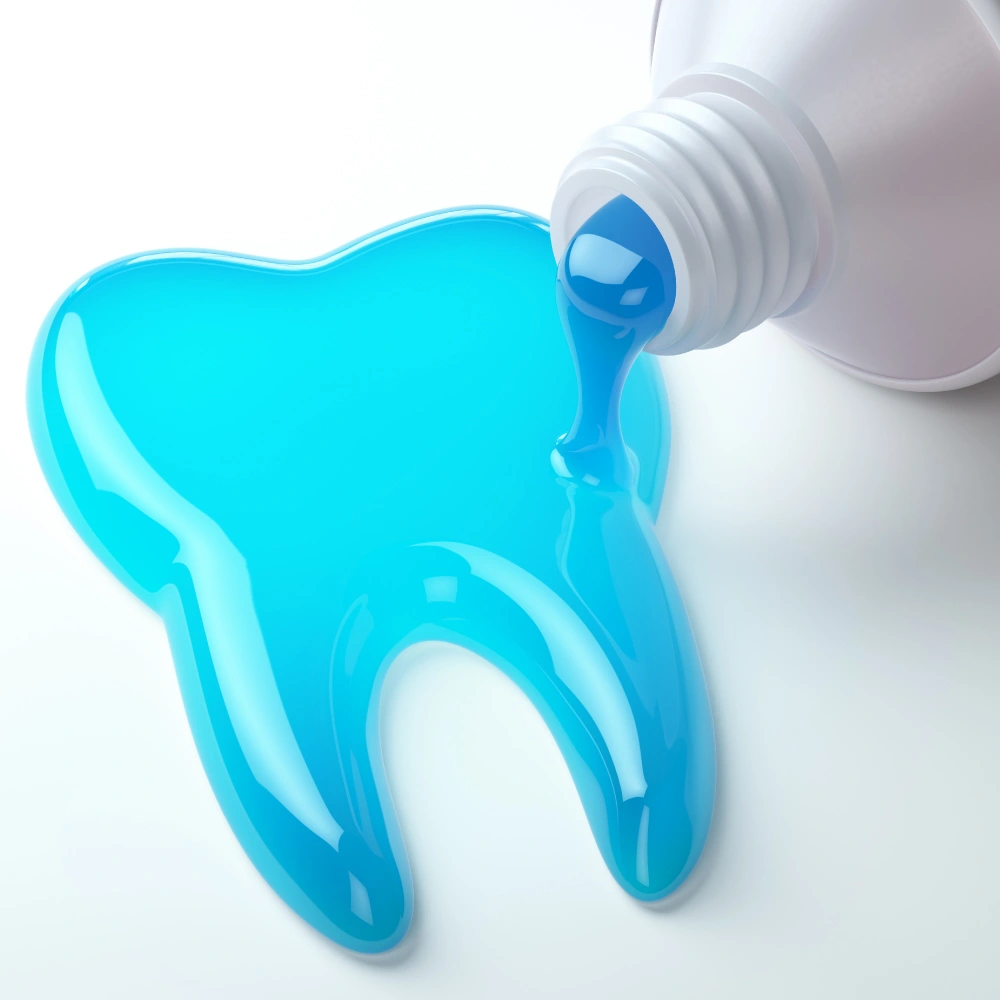A-Z Fundamentals of Dentifrice: Oral Health Benefits in a Tube
COURSE NUMBER: 670
Beth Jordan, RDH, MS
Credit Hours:
3 Hour(s)
SHARE
This course will focus on the most common dentifrice ingredients and the oral health benefits they provide. Upon completion of the course, participants will understand not only the fundamentals of dentifrice ingredients, but also key regula...
(Use this feature to create assignments for your students and staff.)
Overview
This course will focus on the most common dentifrice ingredients and the oral health benefits they provide. Upon completion of the course, participants will understand not only the fundamentals of dentifrice ingredients, but also key regulatory aspects of the dentifrice market and the role of the ADA Seal program in credentialing consumer dentifrices.
Intended Audience:
Dentists, Dental Hygienists, Dental Assistants, Dental Students, Dental Hygiene Students, Dental Assisting Students
Date Course Online:
Oct 31, 2023
Last Revision Date:
NA
Course Expiration Date:
Oct 30, 2026
Cost:
Free
Method:
Self-instructional
AGD Subject Code(s):
10
Learning Objectives
Upon completion of this course, the dental professional should be able to:
- Help dental professionals talk to their patients from a position of knowledge about the variety of fluoride dentifrices available in the current marketplace.
- Understand the history and development of modern-day dentifrices.
- Understand the evolution and combination of different benefits in the dentifrice marketplace.
- Describe the FDA Monograph system.
- Compare the Monograph system with a New Drug Application (NDA).
- Differentiate between claims for therapeutic and cosmetic benefits.
- Describe the American Dental Association (ADA) Seal of Acceptance program.
- Explain fluoride’s mechanism of action and understand key differences of common dentifrice actives.
- List common therapeutic benefits vs cosmetic benefits.
- Compare nerve desensitizing and dentin tubule occluding agents and describe the agents Mechanism of Action to treat dentinal hypersensitivity.
- Help the dental professional understand the connection between modern lifestyle (diet), new emerging issues such as dental erosion and appropriate therapies to help them guide their patients.
- Name the dentifrice ingredients used to control calculus, stain and bad breath; explain how these agents function.
- Describe the role of non-therapeutic dentifrice ingredients used to improve esthetics and stability.
- Explain compatibility concerns manufacturers face when formulating a dentifrice.
Disclaimers
- P&G is providing these resource materials to dental professionals. We do not own this content nor are we responsible for any material herein.
- Participants must always be aware of the hazards of using limited knowledge in integrating new techniques or procedures into their practice. Only sound evidence-based dentistry should be used in patient therapy.
Note: Registration is required to take test.
We want to thank Dr. Robert Faller and the late Dr. Paula Koenigs for providing foundational content for the original version of this course and for their contributions to previous versions of a similar course.
Submission Information
Academy of General Dentistry (AGD) Submission For credit transfers to appear in your AGD account in real time, make sure to add your AGD membership number in the field provided on the “Share Your Test Score” page.
CE Broker For all states that use CE Broker for licensure, “proof of completions” are electronically reported the first of every month. If a course was taken in November, the “proof of completion” will be submitted the beginning of December.
Recognition
Approved PACE Program Provider
THE PROCTER & GAMBLE COMPANY
Nationally Approved PACE Program Provider for FAGD/MAGD credit.
Approval does not imply acceptance by any regulatory authority or AGD endorsement.
8/1/2021 to 7/31/2027
Provider ID# 211886
(Use this feature to create assignments for your students and staff.)




